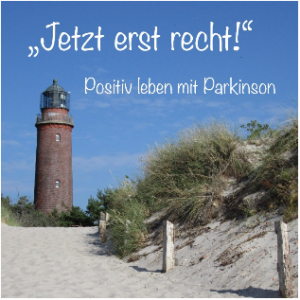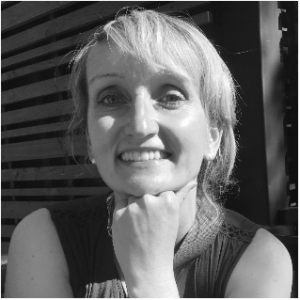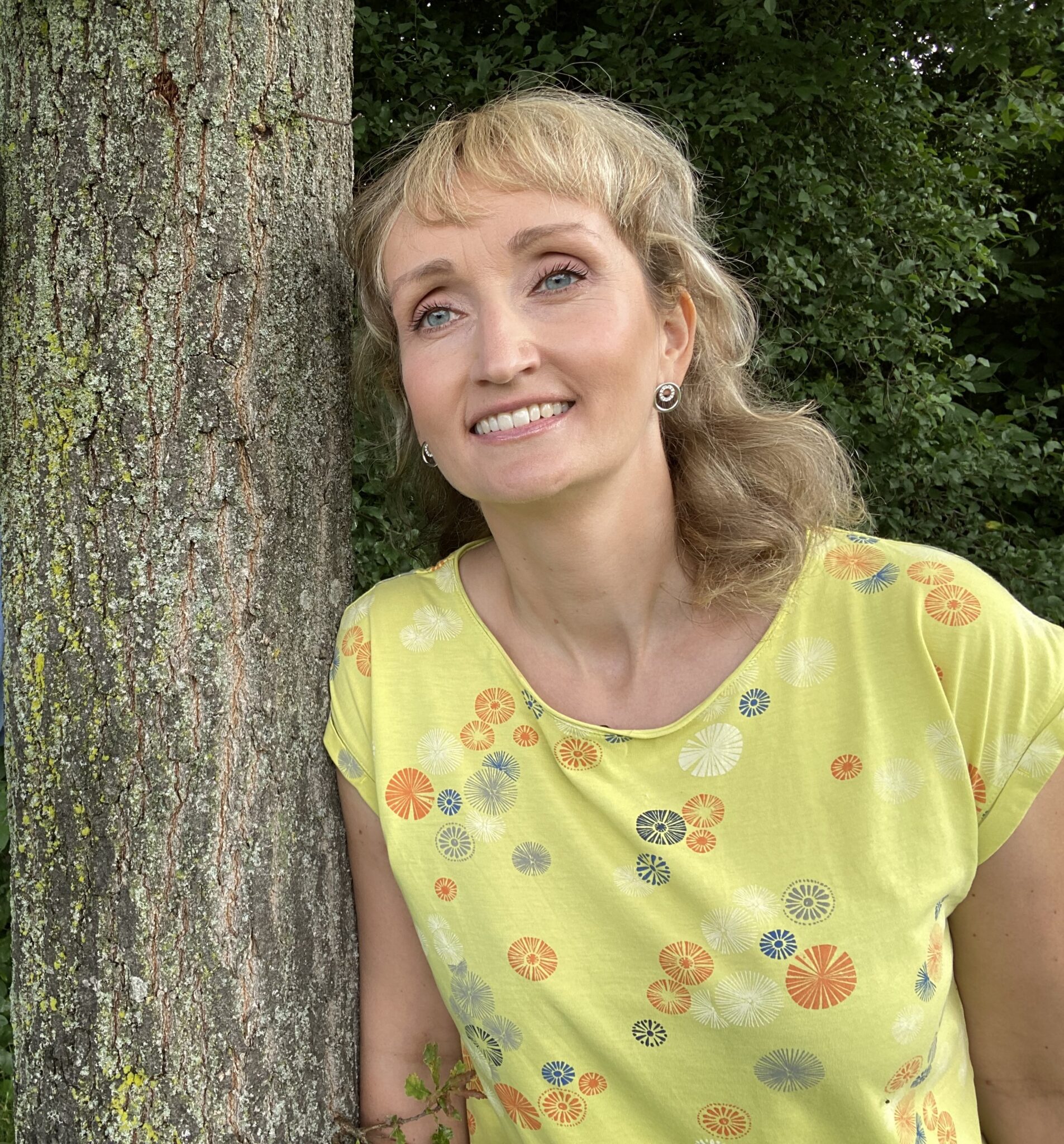An interview with Kathrin Wersing on Advocacy & Jetzt erst recht – Positiv leben mit Parkinson on August 22, 2023 by George Ackerman, Ph.D, J.D.

Please tell me a little about your background and what got you involved
with awareness.
I was diagnosed with Parkinson’s disease when I was 40 years old. Before that, I haven’t been well for several years with dizziness, fatigue, depression. I never found the cause until the diagnosis. At first, like all of us probably, I went into shock and felt like my life was over. But at the same time, I always had the thought that there must be people who could tell me how to live well with the disease. I searched the Internet and found only terrible stories and no encouraging
ones. I wanted to change that. At that time, I liked listening to podcasts and in one of my favorite podcasts there was an episode called:
How do I make a podcast? Then I suddenly realized: This is exactly what I want to do. And so, I started making my podcast without having a clue about technology, design and editing – but I just started and today I have already recorded and published 74 episodes and I talked to so many
inspiring people all over the world.
Can you tell me more about your advocacy?
In October 2020, I started a podcast in which I talk to people who manage to live well with Parkinson’s disease in many ways. In the beginning it was mainly people from German-speaking countries, but now I also have international guests. The podcast can be found on every
podcast streaming platform under the title “Jetzt erst recht – Positiv leben mit Parkinson”.
Furthermore, I am the leader of the PingPongParkinson group in Münster. We have 45 Members playing table tennis twice a week. Table tennis is a brilliant way to reduce our symptoms and stay active. PingPongParkinson is a rapidly growing worldwide initiative that was founded by the wonderful Nenad Bach in New York. He is such a fascinating and very dedicated man! If you haven’t met him yet, he certainly should be on your list
What is your passion and how did you get involved in Parkinson’s awareness and hope for a cure?
I have been working for almost 20 years as a social worker in a self-help association that supports families with children suffering from rheumatism. Self-help has always been a part of my professional life, so to speak. After my diagnosis, it was clear for me to get involved in self-help in my private life as well. With my podcast, and with PingPongParkinson I hope to be able to contribute a little to helping people find hope and confidence again. Because hope is one of
the most important motors that keep us alive. We should never lose it.

What type of goals do individuals with Parkinson’s awareness have when working with you?
My interview guests tell their story in my podcast and with which strategies and thoughts they manage to live a good life worth living despite all challenges.
What effect can your advocacy have on an individual with Parkinson’s awareness?
We must never underestimate the power of positive thoughts and hope. It is very important to me that we all internalize that we have much more in our hands to shape our lives than we realize. Our thoughts and our dedication are so important. Parkinson’s is a part of us, but We are in
control of how we want to feel and the space we give to the disease. And that will always stay with us.
What would you like to see as a future goal for your advocacy?
For advocacy in general, I would like to see self-help initiatives working more together and cooperating with each other. There are so many groups and associations, but they tend to coexist and sometimes even work against each other. As a result, a lot of power and energy is lost.
It would be brilliant if we could work together on goals and people could naturally recommend self-help groups without seeing other groups as competition.
What events do you participate in?
I was recently at the World Parkinson’s Congress in Barcelona and look forward to sharing news about it in a podcast episode soon.
How does this also assist the caregivers?
In my podcast, I also talk to family members and their perspectives on the disease. Currently, I have also produced two podcast episodes for children. I had wonderful help by four children between the ages of 10 and 14 who have a mother or father with Parkinson’s disease. Currently,
the children’s episodes are only available in German.
How can someone get in touch? What is your website?
You can find my podcast:
my homepage: www.jetzt-erst-recht.info
on facebook https://www.facebook.com/profile.php?id=100064310911624
and Instagram https://www.instagram.com/podcast_jetzt_erst_recht/
How can others become advocates?
The most important thing is certainly to act. Get involved and get committed. That helps you and others!
If you had one final statement or quote you could leave for the Parkinson community, what would it be?
We have received the diagnosis, but the prognosis is in our hands – not in the hands of doctors or medications or therapists. We cannot always choose what happens in our lives, but we have the choice how to deal with it and that gives us much more freedom to shape our lives the way we
want it than we often think.

